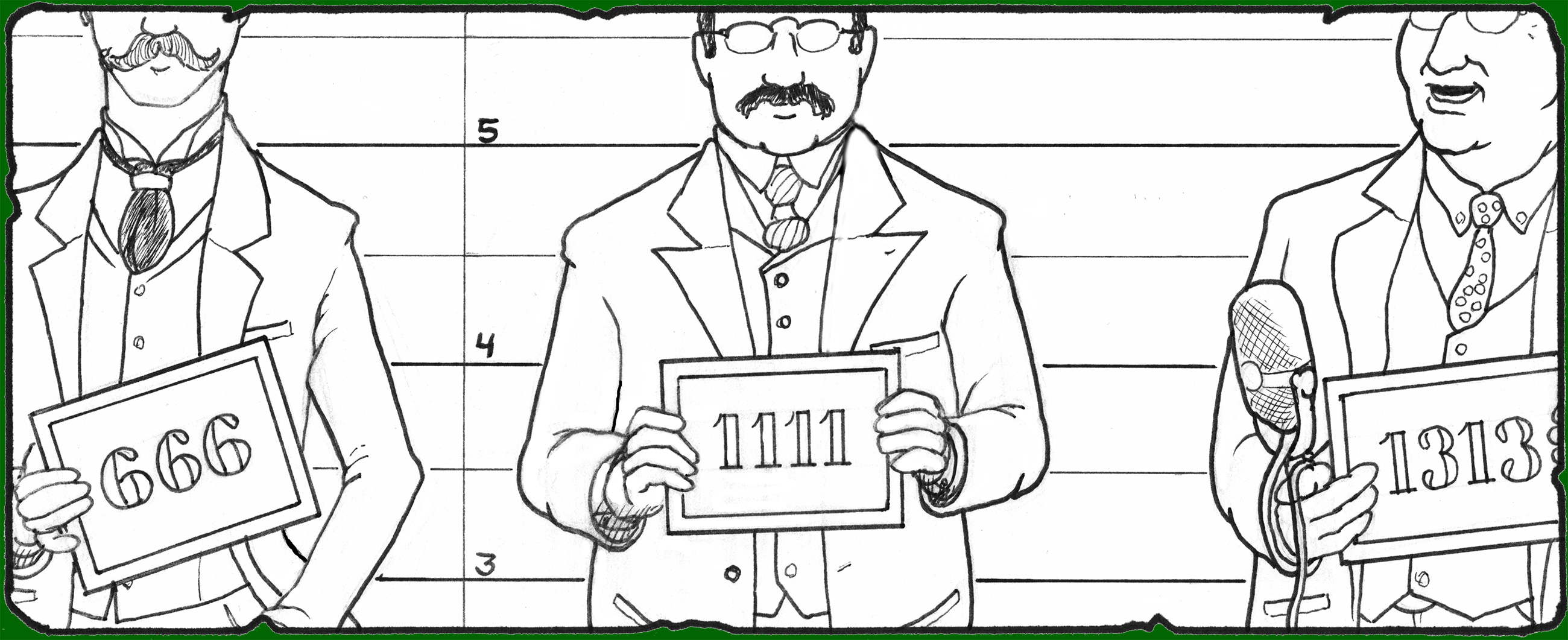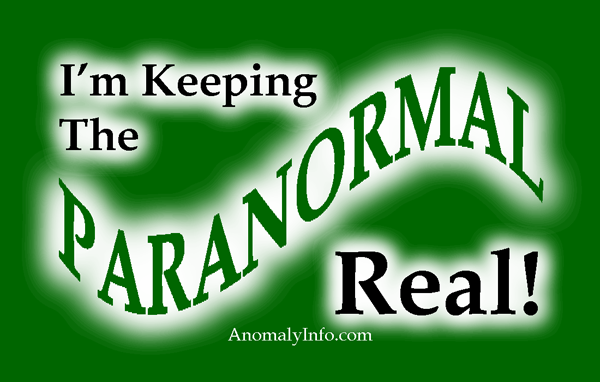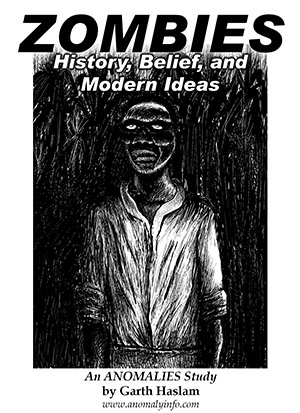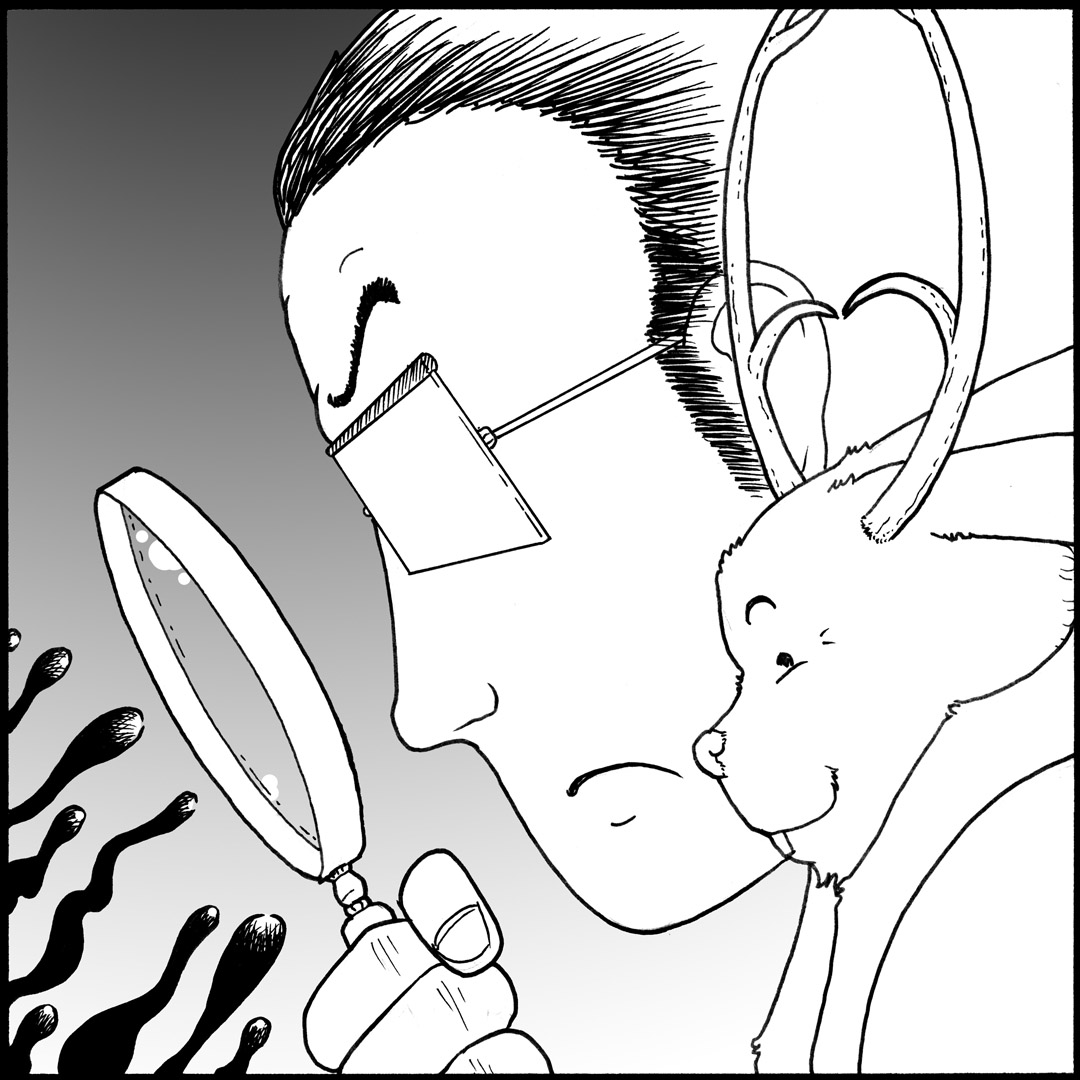The Usual Suspects: Repeat Offenders in the World of Paranormal "Research"

In the rather specialized world of oddity research, much is built on the work of previous people. Unfortunately, not all previous people have been entirely trustworthy... and, as a result, a lot of incorrect and untrue stories now circulate as if proven. In looking into these matters, it quickly becomes apparent that the vast majority of such accounts are created by a relatively small number of people. I present here the troublemakers I've repeatedly run across, both to note who they are and to warn future researchers who to watch.
Having now said that, let it be known that in most cases these are the same people who have genuinely found amazing stuff; but due to their now-known track records, anything starting with them will need to be double-checked before being taken at face value. At the moment, I recognize these main types of troublemakers:
- Trimmers - these people don't tell you the whole story, just the bits that sound impressive... especially if knowing the whole story completely deflates a fantastic claim.
- False Historians - these people really know their history; they pick real events, then either add a paranormal aspect or completely change the original meaning of the event. They generally rely on average researchers confirming the true historic details of the claim and then assuming the less believable parts of the report must also be true.
- Storytellers - these people flat out invent new stories of paranormal events which were then purposely presented as true. The "purposely presented" part is the key... if a story was meant as entertainment, but not meant to be taken as true, then that author may not be guilty of how their story was later treated.
- Embellishers - these people take a genuinely weird event and then make it even weirder, by either adding new (fictional) details or connecting the event to other weird events they had nothing to do with... sometimes they do both! By revealing "new" details, they become the default experts who seemingly know more than others, while muddying the actual value of the report.
- Evil Sourcers - These people are perfectly willing to tell you where they got their stories from... as long as you don't double-check them. Some offer partially incorrect sources -- newspaper articles with the wrong date, large books with the wrong pages -- and some just make up sources that don't really exist!
- Fact Fumblers - Annoyingly, these people give valid sources for the stories they tell, yet still get their facts wrong! They often report names, dates, and places that are NOT what their sources state, which really makes you wonder if they ever read their sources or if they only mentioned them because someone else had.






